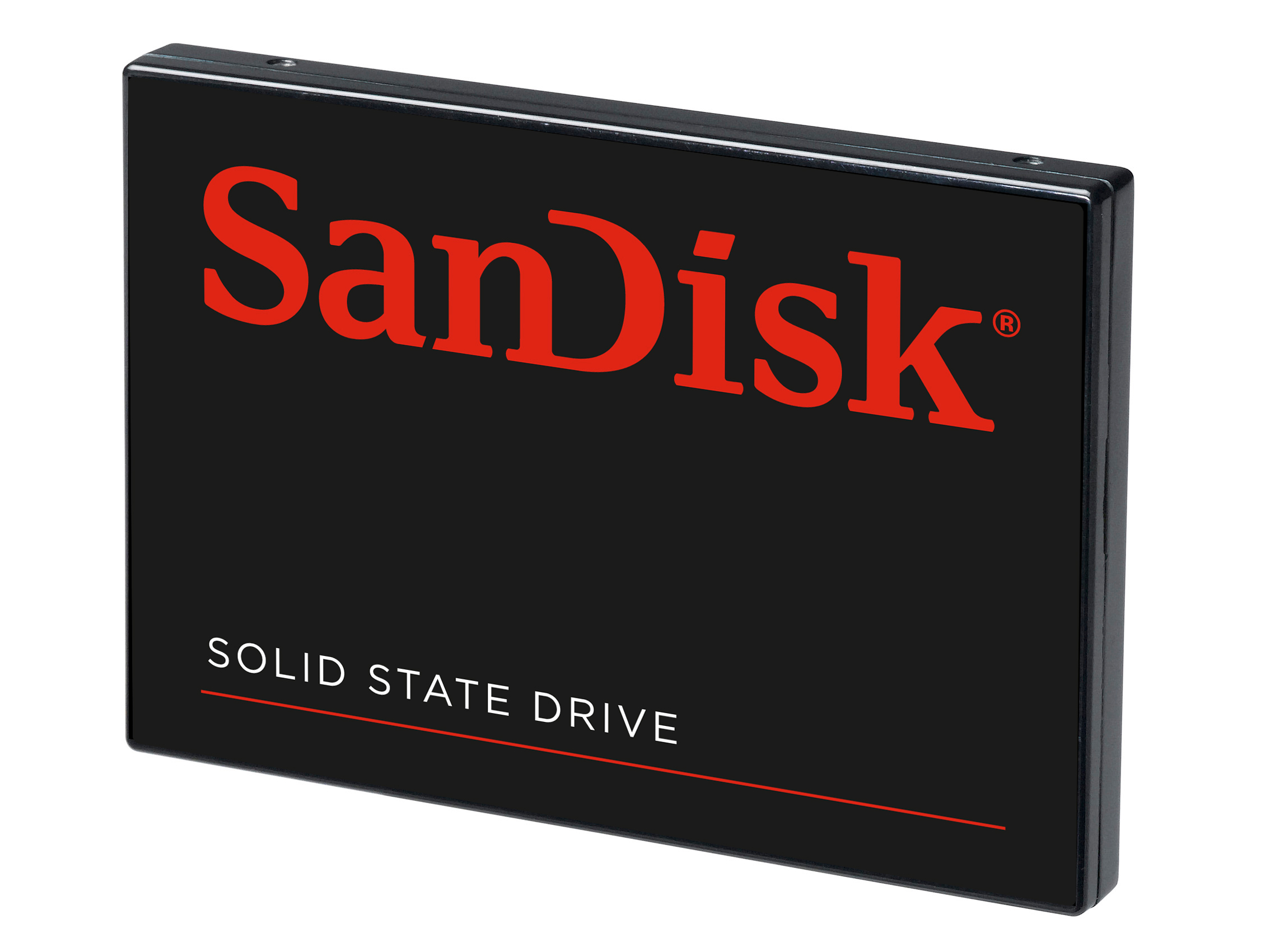Report: SSD Market Revenues Will More Than Double in 2013
The SSD market is expected to equal 40-percent of the HDD market by 2016.
As both SSD prices and form factors get smaller, it's no surprise that SSD market revenue will more than double in 2013. In this year alone, worldwide shipments are expected to reach 83 million units sold, up from 39 million in 2012. By 2016, per-year shipments should reach 239 million units, equaling 40-percent of the HDD market.
According to an IHS iSuppli Storage Space Market Brief from information and analytics provider IHS, the increase in 2013 will be the result of renewed "Ultrabook hopes" as Intel's form factor is expected to pick up steam thanks to Windows 8, Intel's Haswell architecture, and cheaper touchscreen technology.
"The fate of the SSD business is closely tied to the market for Ultrabooks and other ultrathin PCs that use cache drives," said Ryan Chien, analyst for memory and storage at IHS. "While SSD shipments rose by 124 percent last year, growth actually fell short of expectations because ultrabook sales faltered due to poor marketing, high prices and a lack of appealing features. However, if sales of the new generation of ultrabooks take off this year as expected, the SSD market is set for robust growth."
Also driving SSD market growth in 2013 will be a reduction in the average price of NAND flash memory, the firm said. Not only are the lower prices attracting "deal-seeking consumer enthusiasts," but manufacturers who were previously reluctant to install the once-costly alternative to the typical HDD. Even the enterprise sector is flocking to SSDs thanks to rising capacities, cheaper prices and superior performance.
"As NAND rides out variable cost and scale curves in ever-more efficient manufacturing processes, such things as solid-state PCs, servers and storage arrays become more achievable and attainable," the firm said on Wednesday. "Recent developments around nonvolatile memories like STT-RAM and resistive RAM also hint at sustained performance improvements for SSDs beyond the drives’ current use of NAND flash memory."
The SSD data presented in IHS iSuppli's latest report covers traditional solid state drives in both the consumer and enterprise segments, as well as cache SSDs used to help speed up super-thin form factors using HDDs for storage and program installations.
Contact Us for News Tips, Corrections and Feedback
Get Tom's Hardware's best news and in-depth reviews, straight to your inbox.

Kevin Parrish has over a decade of experience as a writer, editor, and product tester. His work focused on computer hardware, networking equipment, smartphones, tablets, gaming consoles, and other internet-connected devices. His work has appeared in Tom's Hardware, Tom's Guide, Maximum PC, Digital Trends, Android Authority, How-To Geek, Lifewire, and others.
-
TheBigTroll we all know this is going to happen, eventually replacing hard drives in the future. but that would have to wait.Reply -
dudewitbow Im assumign its due to:Reply
Increase of mobility wants, droping $/gb ratio as well as more stable and reliable drives being pushed out. -
A Bad Day There should also be a push on the laptop manufacturers to adopt mSATA ports for laptops that only have one 2.5" hard drive cage. I don't like being forced to choose between a HDD+DVD, SSD+HDD, or a SSD+DVD laptop.Reply -
vern72 I'm not even going to look at an SSD until I can get one that can handle millions of rewrites.Reply -
phamhlam vern72I'm not even going to look at an SSD until I can get one that can handle millions of rewrites.Reply
Well, You will be missing out. I had a SSD that been running 2 years strong and no problems. It has been so worth it. I always tell people that the problems with most computers is that they don't have a SSD. -
Reply9448723 said:Well, You will be missing out. I had a SSD that been running 2 years strong and no problems. It has been so worth it. I always tell people that the problems with most computers is that they don't have a SSD.
Agreed. I paid over $250 for my 120GB Vertex 2 just about two and a half years ago and not only don't regret it, I consider it money well spent. -
A Bad Day vern72I'm not even going to look at an SSD until I can get one that can handle millions of rewrites.Reply
Consumer HDDs usually have a head crash, motor failure, or some other mechanical failure long by the time current SSDs wear out. -
A Bad Day EDIT: Three laptops in my lifetime failed within 3-5 years of operation because the hard drives broke somehow. One of them had a head crash, another one probably had a burnt out motor.Reply
I'd rather have a gradually slowing SSD than a sudden HDD failure anyways. -
anxiousinfusion vern72I'm not even going to look at an SSD until I can get one that can handle millions of rewrites.Reply
Do you plan on using the same computer for many decades?
